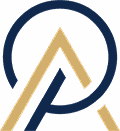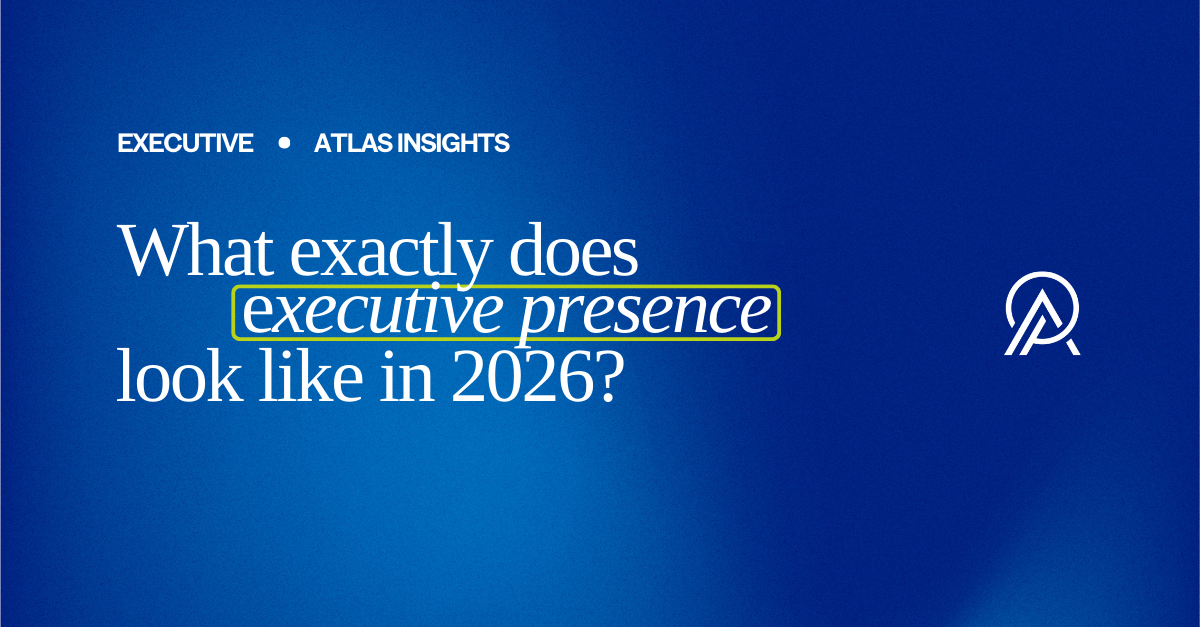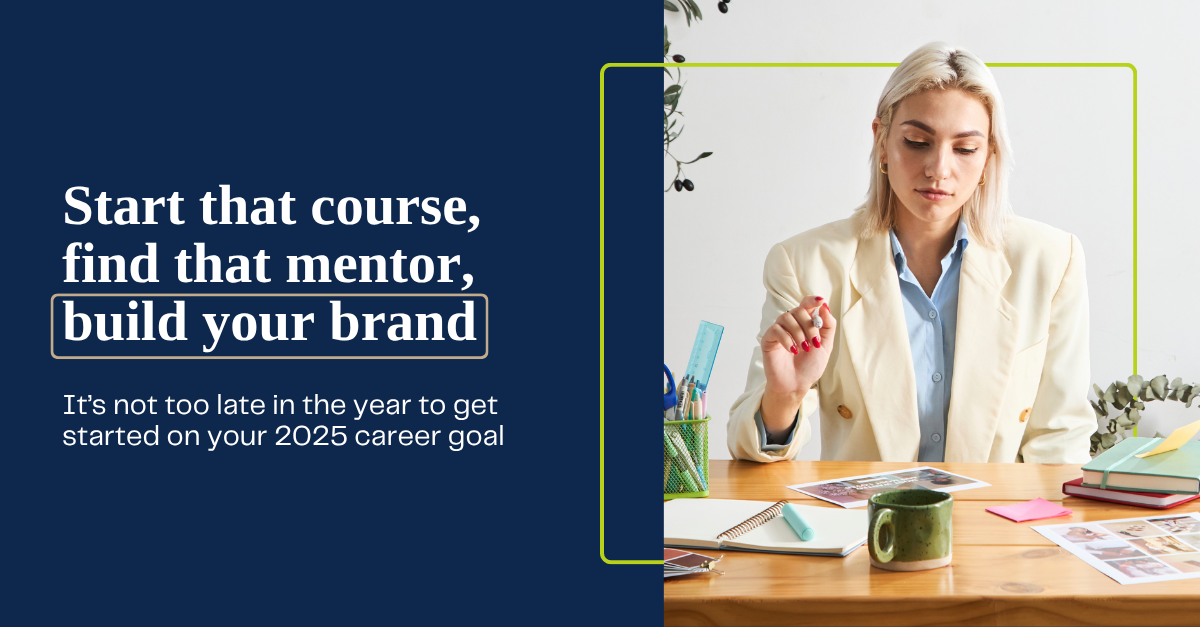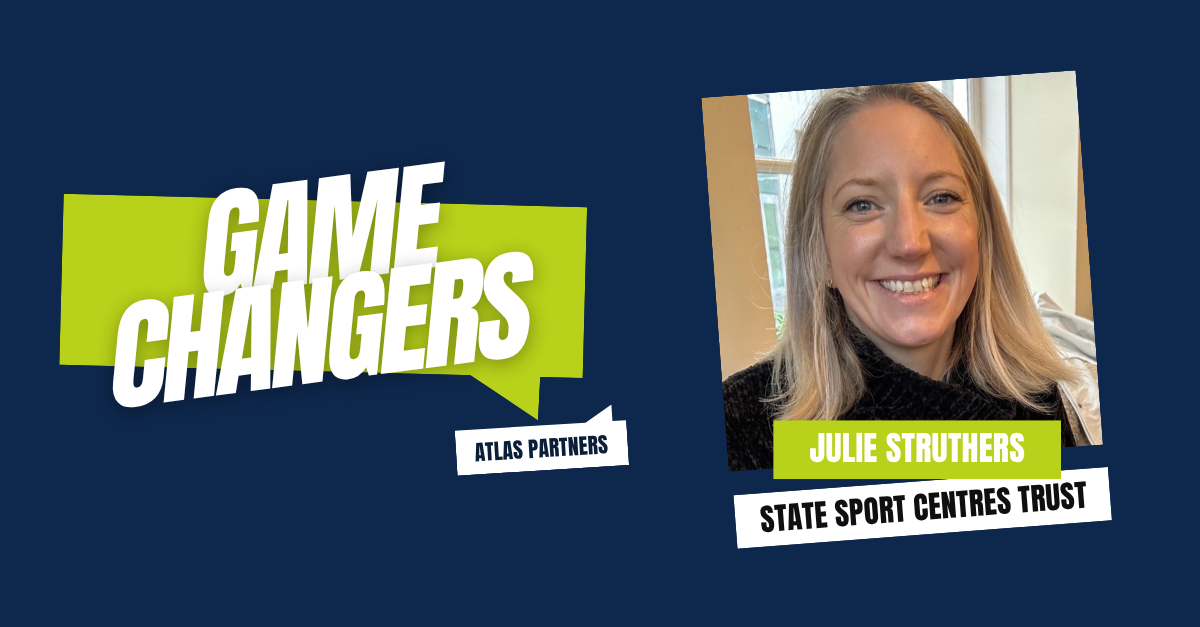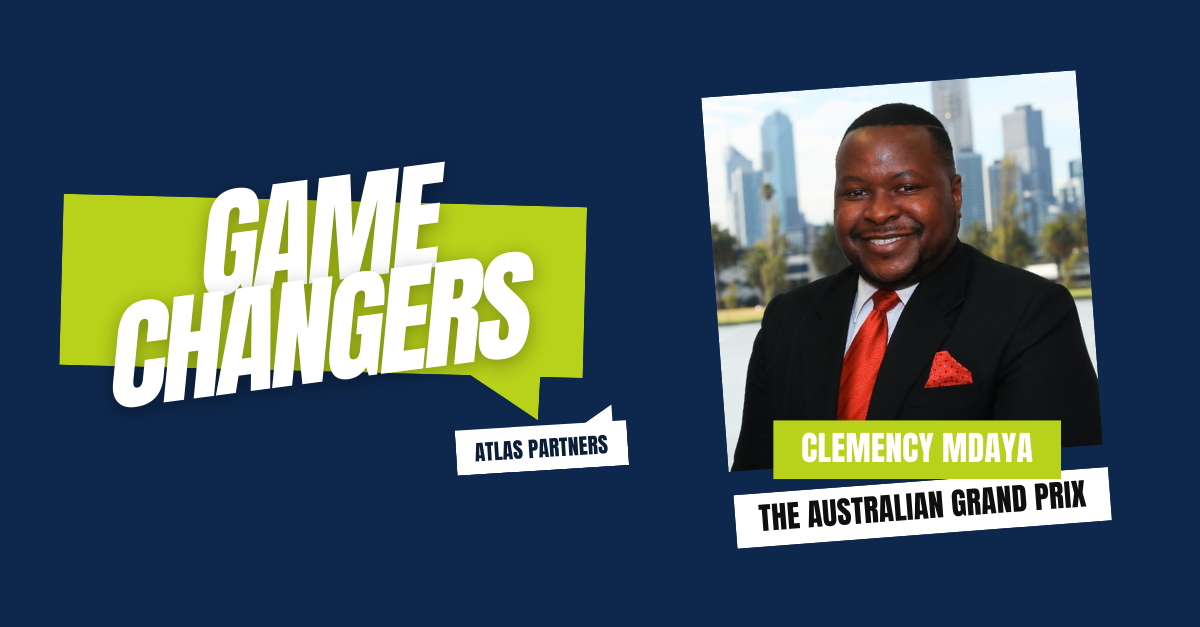
In this episode of Game Changers, host Liam Killen sits down with Clemency Mdaya, Division Finance Manager at the Australian Grand Prix. From his roots in Zimbabwe to leading the finance team behind one of the biggest sporting events on Australia’s calendar, Clem shares a career journey that’s anything but predictable. He talks about breaking into the industry during the global financial crisis, navigating the uncertainty of COVID-19, and how Drive to Survive transformed Formula 1 into a global phenomenon.
Beyond the track, Clem is also an entrepreneur, building tools to help small businesses make sense of their numbers through his venture, Marginfy. In this conversation, he opens up about leadership, storytelling through finance, the pressures of race week, and why embracing risk has been central to his success.
Liam
Hi, I’m Liam Killen, host of Game Changers, and I’m here today joined by Clemency Mdaya. Clem, so nice to see you.
Clem
Thank you, Liam. Likewise, good to see you. Always a pleasure.
Liam
Clem, you’re the division finance manager at the Australian Grand Prix. Have a fascinating career within commerce and as an entrepreneur yourself, which we’ll explore. First things first, tell me how you got into finance.
Clem
It’s pretty interesting. So when I was in school, I’ve always been a very restless person. I like to do a lot of different things. And my mother is a human resources officer. And she kept asking me, what do you want to do professionally? And I said, I want to be in business. And she said to me, that’s not a career. So, I came up with the first thing that came up to mind, what’s in every business? And that’s accounting. And, that was the end of it. So became an accountant just because of passion for business and so far it’s proven to be the right choice.
Liam
And you’ve worked across a range of different sectors, entertainment, healthcare, food and now sport. Talk us through those early years in your career and what it was like for you.
Clem
Yeah, so originally I’m from Zimbabwe. My parents were diplomats. I’ve traveled around the world quite a bit, which I guess helped me adapt to different environments very, very quickly. But coming out of uni was interesting, first of all, being Zimbabwean. So I’m not sure if you’re aware, but hyperinflationary country back in the day. And that’s when I was doing my accounting degree in the UK. So I was always the example in most economics classes. Then decided to graduate with an accounting degree in 2008 when people were losing accounting jobs, not getting them.
So, I pretty much decided to get in where I fit in. Whatever job came up was a payroll role in insurance in the UK and then relocated to Australia to do my masters. Plan was to be at 12 months and 15 years later it’s home. And from there I was just fascinated by different businesses. So I was pretty much going wherever the career went. And a lot of the times recruiters asked me, you want to stay in this particular field? And I always kept an open mind. So that’s what’s landed me in so many different industries.
Liam
Yes, impossible to pigeonhole you, Clem. I would say that as a recruiter, which is definitely a good quality. But looking back, you’ve moved into finance leadership and that’s something that’s pulled you in. Can you explain any of those defining moments that have pushed you towards leadership?
Clem
Yeah, pretty interesting because when you’re trained as an accountant, it’s very technical. know, it’s the debits and the credits and the balance sheets. And it’s a very, I guess, cyclical role with month end and year end. It’s very predictable. You’d find characters that lean towards accounting tend to like predictability. I was fortunate enough to find this role, which was in Formula One. I’m a big motorsport fan. And then the financial controller at the time left to relocate to Dubai.
Naturally, I stepped up. So, my passion was always the profitability and commercial side. But when the opportunity arose, stepped into a leadership role, I already had a few direct reports at the time. I think the big adjustment was moving from being on tools to, you know, being more stakeholder engagement and a bit more big picture and focusing more on the story that the numbers tell as opposed to the numbers at the end of it. So it’s been an interesting transition. To a certain extent, it’s trying to answer this somewhat.
Liam
So Australian Grand Prix, show is called Game Changers, where we explore the business behind sport and entertainment. Talk to us about your last five and a half years with the Oz GP, particularly as the sport has evolved through that time. Must have been a fascinating time to be with the organisation.
Clem
Yeah, very, very fascinating. It’s an interesting story. It probably follows the hero’s to a certain extent, where I started at the Grand Prix on the 20th of January, 2020. So had the privilege of seeing the Friday of event week and then woke up on Saturday morning in the news that a few racing drivers had been seen at the airport because COVID was actually a real thing.
So, it was very interesting because in that year there was a lot of uncertainty, know, trying to adjust into a role working from home. The world changed overnight. But it gave me an opportunity to really unpack all the financials. You can imagine, just trying to understand all the bushing, the profitability, when’s the next event going to come, is there going to be social distancing, etc. I think at the time Liberty Media had owned the rights for about two, three years. And being a media company,
It was almost the perfect timing for them because everyone’s at home and locked indoors. And that’s when they came up with drive to survive. And that’s been an absolute game changer for Formula One. used to be a very niche sport. Whereas I think drive to survive and just the amount of screen time people had during COVID made the popularity explode. And then that naturally translated down to the promoters and the race events. They became bigger than life and became more than racing. So it’s been an interesting decision going from, I guess, lockdown where you know it’s effectively a global circus where they go around and race around the world to being locked down for a few years and then opening up to a whole new fan base and seeing how that was commercialised and I think it comes to mind when you look at the new movie Apex and Brad Pitt being in it just how much that has transcended the sport.
Liam
Yeah, fascinating. And walk us through that journey personally, mate. So you started as an analyst division finance manager, which is very much a financial control of ship role. Explain for our audience what you’re responsible for.
Clem
So initially we’re looking at profitability, just understanding the products that we put on sale, the build costs. Obviously we’ve got a temporary circuit in Melbourne. So, you know, every year we tear it down and build it back up. So profitability is a big thing because then you’ve got, guess, the overhead costs that you’ve got to cover. So on that understanding and running through the different stakeholders from government and Formula One and suppliers and contractors, that’s been transcended from a financial control role. So just looking at the operating of the Grand Prix for both MotoGP and F1. A lot of that had to do with managing different levels of stakeholders. you’ve got auditors, you’ve got government, and their interests are very different to Formula One, which is really commercially astute. And then you’ve got two different, I guess, rights holders between MotoGP and F1, where F1 is an ascendancy, and it’s a worldwide phenomenon, if you like. And then MotoGP is more still a niche, petrolhead-focused sport.
So understanding that dynamic and being able to cross the bridge with those stakeholders, provide the right level of detail and comfort around the numbers and tell the story of, what do those numbers mean to those different stakeholders has definitely been fascinating and definitely found a home for myself there.
Liam
Something I know is very close to your heart is profitability, profitability modelling and dashboards. Talk us through some of those tools that you’ve developed and how that’s impacted the organisation.
Clem
Excellent. So when I joined, the sport wasn’t as popular as it is now. So, you know, you could still walk up on a Sunday morning and get a few general admission tickets. Those days are long gone. But what that meant is as the sport became more and more popular, getting the pricing right was very important. think Melbourne is a sporting state of Australia. And there a lot of events that we compete with, with Vic Racing and, you know, AFL, NRL, super cars, there’s a myriad of sports that people can go to. So ultimately you’re competing for the same dollars. So the important thing is to try and get the market fit right, make sure that it’s a price that someone’s happy to pay, but then which still enables the organisation to meet their targets and make sure that they’re profitable venture. So a lot of that just comes down to, know, factoring in the overhead costs. think that’s always the part that people forget the most is the overhead that kills your profitability. And that’s where my passion is just trying to.
Tell the numbers in a way that most people probably hate accounting. It’s not natural to most people. But if I can create a model or a dashboard that helps bridge that gap and tell the story, and similar to a car, you don’t have to know how many pistons are firing. But if it tells you check your oil, then it’s pretty short sharpens the system.
Liam
What’s like working in the lead up at the Australian Grand Prix in the lead up to one of the biggest sporting events on Australia’s calendar?
Clem
Pretty exciting to be fair, it’s quite a privileged place to work in the sense that for most accounting roles, you tend to keep that same pattern the year round and 12 months is equal to a year. Because we’ve got the two events, we get the sort of peak and trough that’s a nice operating rhythm. For us, a lot of the work is leading in. So just making sure you’ve got your budgets right, your business planning right, the government interaction right, the different reporting audits, et cetera. And then enable the rest of the business to be able to actually
go out there and put on a world-class event. The benefit to it or the privilege to it is being able to then see it all come together. If you go to Albert Park any other time of the year, it’s a park where people are running around and walking their dogs. And then that lead up to F1, you’re seeing effectively a world-class event. And the scale of the build itself is always mind-blowing. I’m five years deep and it still amazes me to see everything come together. So it’s pretty exciting and it’s a nice operating rhythm.
Liam
Yeah, amazing. And outside of your corporate career, you’re an entrepreneur by heart. Clem, tell us about Marginfy.
Clem
Excellent. So, similar to my story with F1, during COVID, know, everything was quite quiet and spending a lot of time at home. At the time, my daughter had just been born. So there wasn’t much sleep happening for those with kids. You’d understand how that goes. And I found myself, you know, we can just up late and figure out things to do. So I had a lot of friends who started up businesses. One of the phenomenon is that that’s really discussed, but that I managed to see from what I was doing was there was a boom with regards to small businesses during COVID particularly I guess people have a lot more cash running around because they weren’t moving as much. They own their phones and devices a lot more so everything is you know at their fingertips so we saw a massive boom in e-commerce but then a lot of people didn’t understand the numbers behind it so knowing I was an accountant I get a lot of calls and how do you do this how do you price that I build a spreadsheet for people then eventually started consulting and I realised that every time someone would ask me a question, I’d build a spreadsheet, which wasn’t quite efficient. It was a shower moment where I have happened to have some of my best ideas. I found a developer on UpWork from India. developed it into software and then we’ve got a profitability software now.
Liam
Fantastic. And tell us about balancing those two things. So how do you balance the self-employment, if you will, or the entrepreneurship with your career at the Grand Prix?
Clem
Yeah, great question. For myself, I think it comes down to character. I’m a Gemini and I work in sports. So I like to keep a consistent base and I think having a job like I do with the Grand Prix is very comfortable for me in the sense that I know what I’m doing. Been there five and a half years, I’ve managed to put in systems and processes and I have a pretty good team working with me. So that allows me to be able to work through these different things. I think the operating rhythm of the Grand Prix is different to other typical roles where you’ve got that flashpoint at the month end, we do get busy, but then it’s sort of a constant cadence and then you lead up into event. Now balancing it with Marginfy, I think I did a lot of the grant work over the COVID years where you had just so much time. Unfortunately, we didn’t have a lot of events at the time. And while it was busy in its own way, I think just that extra time where you’re not commuting and you’re stuck in the house on weekends. And with the young kid in the house, I wasn’t sleeping much.
You could be rocking them and you’re on your phone figuring out things, talking to the developers. A lot of the grant work was done during that period. And then now it’s just working in bursts. think sometimes I’ll have a weekend where I’ll be up till four in the morning because I’ve got a feature that I want to develop. So I get the developers developing it. And then after that, it all just runs in the back. So it’s about efficiency and processes.
Liam
And what’s your vision for Marginfy?
Clem
It’s quite an interesting question. We’re still looking at where we go. So a lot of our clients at the moment, a lot of e-commerce businesses, and it sort of runs off in the background. I’d like to keep it as lean as possible. I’m not looking at a massive exit for that one, to be honest. I built that to solve my problem, which was creating multiple spreadsheets. So if it does nothing else but to make my life easier, then it’s definitely doing its job. But we’re also developing a few interesting tools. We’ve got one that’s developing at the moment.
Which just effectively is aimed at snow sole proprietors you take your bank statement throw it in it gives you a PNL so my vision for that is just to have a number of web apps that are super focused answer a particular pain point and D mystify finance so I like to use that car dashboard as an analogy because you know You don’t have to be mechanic to know if you’re driving your car, right? And that’s that’s my vision for modified tools that will make finance easily digestible for the average business person
Liam
Yeah, outstanding. look, you are a leader as well. So you lead a team of accountants at GP. us, explain to the audience, if you will, your leadership style?
Clem
Thank you. My leadership style, I’m very people focused. Interestingly, I did my disc profile and I tend to be on the dominant side, which was quite fascinating. But I think where that’s balanced out, I believe in looking at people as people as opposed to the roles they occupy. And if you have the right team and by right I’m referring to people actually want to be there, I don’t think the average person wakes up and wants to go do a bad job. So if you identify the individuals and understand what each individual looks to get out of a role and then support them through it. My leadership style is more humanistic in understanding where they’re trying to go, make sure that our goals are aligned. And I think talking to people is very, important because if people feel like they are a little cog in a big machine and they are treated as the role they occupy as opposed to a person occupying their role, you tend not to get the right output. But so far so good. I’ve been blessed to have a really good team. Who love what they do. I think it’s an exciting place to work. But then I think the counterbalance to that is people here Formula One, they think Lewis Hamilton and Pettig, but we still do the accounts. You still got to do the debits and the credits and the balance sheets. So it’s getting that right balance where you got to have the burger with a bun like my previous employer used to say.
Liam
And in terms of finance, the finance professional of today, what are the key skills, maybe outside of the technical that you think most important?
Clem
This probably holds true for accountants, but I think in general, any skilled profession where there’s a technical aspect to it, the key thing is to be technically sound. You’ve got to know the principles, but I think the focus has shifted less to what you can do as opposed to what story you can tell. If you look at the advent of AI and just the development in ERPs, if I go back to when I was still doing my bachelor’s degree 20 odd years ago, the systems that’s now so far developed, it’s hard to get things wrong from a technical perspective. It’s more now the skill of telling the story and being able to be almost predictive in the sense of people want to be more future focused. All right, so that’s happened. What does that mean for the future? So if I was advising, I guess a young amoeba is on my shoulder back when the financial crisis was hitting and I was trying to be an accountant, I’d say focus on listening and understanding what the leadership wants to know and then use your technical skills to interpret the data into information and tell the story. If you get that right, then you’re helping the bottom line.
Liam
Outstanding advice. So high pressure role, leading a team. You’re also running a business on the side. What daily or weekly habits keep you focused, Clem, and performing at your best?
Clem
Great question. Look, there’s always room for improvement. I always think there’s more I can do in terms of structure. But I think the biggest thing is to know oneself and manage oneself. I think that’s it all starts. What works for me probably wouldn’t work for someone else. But for myself, it was understanding how I work. Initially, you’d read things about Pomodoro concept and setting aside time in 80, 20, and all these niche things. They can work for some people, but you’ve got to look at how your mind works and the way my mind works is it works in spurts, if you like. So professionally, it’s about having a plan of what needs to happen, whether to have a plan B or C. So if someone resigns or ticket sales don’t go a particular way, if you know what your worst alternative option is going in, then you’re prepared, right? So then you’re not in a panic state. And I find that when you’re in that flow state where you know you’ve got an answer for most scenarios, professionally balancing that with entrepreneurship is similar as well. It’s about, you know, if the server goes down, you know, you’ve got a backup in place, A, C, or D. That just helps to minimise how much time you spend doing things and just increase the efficiency.
Liam
So you’ve worn many hats, Clem. So accountant, analyst, entrepreneur, business owner, and now leader. Tell us about the most challenging chapter of your career to date.
Clem
Yeah, it’s not a great question. I think the most challenging chapter, I wouldn’t call it a chapter. I’d say it’s a common string throughout all those hats that I wear. it’s that first thing is you’ve got to manage yourself, right? Understand really, I think the mind is a very powerful thing. Understand why you react, how you react to things you react to. And then once you were understanding of that, it’s understanding the people around you and where you’re trying to get. So to answer the question, the biggest challenge is dealing with people because I feel, you know, as an accountant, numbers are numbers. I always have a saying, the number is a number. No matter how you look at it, whether you’re happy or you’re sad, it still is what it is. But with people, you’ll find that, you know, different motivations and factors tend to play into what they’re after and understanding that I think is a big part of it. So I’ve spent a lot of time with my personal coach just going through, you know, getting the mind right and understanding how people shift and change as they go through life.
Liam
Brilliant. And if you were to give yourself some advice, Clem, the younger Clem, what would that be?
Clem
Good one. If I was to give myself some advice to the young and me, if you like, it would be to follow the passion. So, you know, I was raised in a Catholic household with a human resources officer for a mother and a military guy for a dad. So my lifetime was pretty set up and you sort of, this is how it’s going to go. But for myself, it’s just, you know, take as many risks as you dare to take as you’re growing up because, you know, I always say to people, you survived 100 % of your toughest days. And I think it’s the fear of jumping that keeps people from greatness. There might be a few things that I’m like, you know, if I jumped earlier, then you’d be 10 steps ahead. So it’s just, you know, take the fear out of doing things, take a calculated risk and you get the reward in the end.
Liam
And what excites you most about the next chapter for you at the Grand Prix and maybe in the world of entrepreneurship?
Clem
As far as Grand Prix is concerned, think it’s just seeing where the sport is going to go. It’s been on the ascendancy year on year for the last five, six years. And most people look at a run like that and they think eventually it’s going to plateau. But I think given the runway that we’ve had and the things that Liberty Media are doing, if you look at the new F1 movie and how that’s done in the cinemas and just commercially how the business is structured, and they’ve now just acquired, motor GP commercial rights from doing it as well as a major stakeholder. If they manage to replicate that with motor GP, I think that’s just going to be bigger and better. And if you look at the way the world is more connected, know, the drivers are more of a brand. You look at people like Gunter Steiner, who, know, 10 years ago, team principal, people wouldn’t know who they are. Whereas he’s a superstar at the moment. can’t walk anywhere without being mobbed. think seeing where that goes commercially is going to be fascinating. Lots of countries are clamoring for a race. think Thailand.
It’s trying to get on the calendar for 2028. So that’s going to be interesting And I think they’re trying to bring back an African race. So South Africa is trying to get in there as well So just seeing how all that fits in together is exciting then from an entrepreneurial perspective I think AI is a massive disruptor at the moment Just seeing how things stabilised from that end and just how quickly can go from ideation to shipping out a product You know, it took us a good, I’d say 18 months to develop margin five from code. Whereas now, you you come up with an idea, you can probably get an MVP out within six, seven hours and be shipping out within 24. So how that’s going to change the landscape of entrepreneurship is going to be fascinating.
Liam
Before we get on to our rapid fire close, us, you’ve explained your nine to five, tell us about your five to nine. What’s the home life?
Clem
The home life is fascinating to everyone with kids, particularly sub-10. I think the 5pm to 8pm is a question of survival. So, you know, get the kids home fed, ⁓ bathe, done, and try to survive that hyper hour where, you know, before they settle down to go to bed. And then from 8 o’clock, teas are stapled in my house. I like to have a cup of tea with the missus.
You know have a chat about the day once the kids are out of the way and things that nice calm in the house and it probably takes me to about nine o’clock and usually like to get about an hour or four I can just you know go through emails and anything from developers and my VA’s etc on anything that might be urgent and then plan my next day tomorrow so that I know I’m what I’m looking at for the next day.
Liam
Awesome, Clem. Okay, rapid fire close time. Five quick questions. Tell us your favourite Grand Prix moment so far.
Clem
Driving Lewis Hamilton earlier on this year. He’s my ultimate hero.
Liam
Driver you’d most love to share a coffee with?
Clem
Interestingly, would be Fernando Alonso. Just, you know, seeing where I think he’s so talented and the fact he’s only got two championships but still racing at this age, he’s probably got a lot of insights over the changes.
Liam
What’s one number or metric you always keep an eye on during race week?
Clem
It is the cutoff time to Q1 because that pretty much tells you who’s got the pace that weekend.
Liam
What’s your go-to Melbourne restaurant?
Clem
That would be Meat and Wine Co. I’m a big meat eater.
Liam
African themed restaurant as well, I believe. And lastly, best piece of career advice you’ve ever received?
Clem
Best piece of care advice, it usually isn’t about you when it feels like the boat is rocking. Because a lot of the times as you’re going through life, if the environment at work changes, lot of people turn and internalise it. But a lot of the time it’s not got to do with yourself. You just got to stay on top of what you can control and control the controllable.
Liam
Thanks so much for joining me.
Clem
I appreciate the time and it’s been an absolute pleasure.
